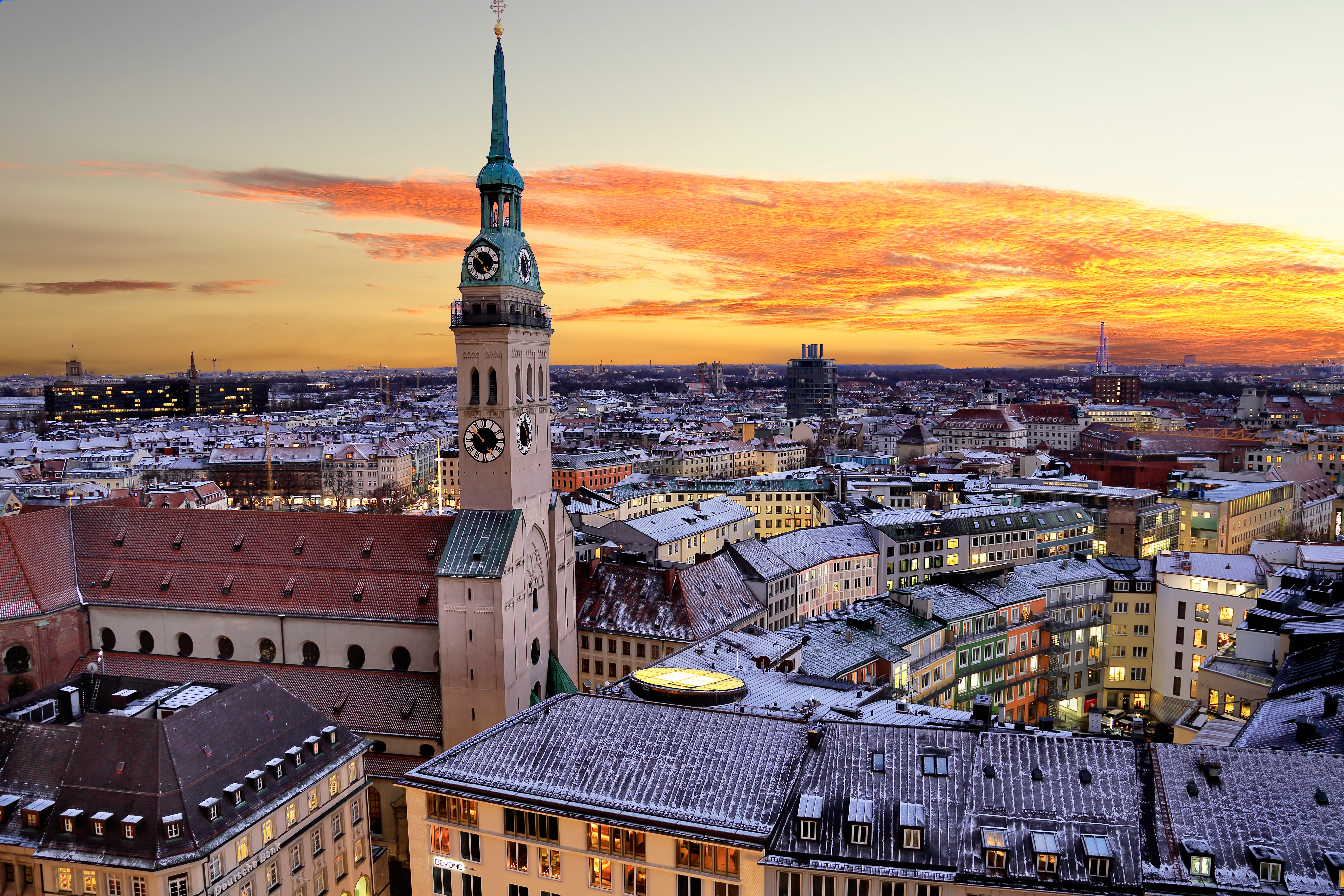
seng chye teo/Getty Images
When I was 7 years old, my parents and I moved from the US to Munich, and I fell in love with the Bavarian city.
Although I no longer live there, I enjoyed it for many years, whether I was wandering the ancient city for hours to take in the museums, palaces, and cathedrals, or checking out the many beer gardens.
I get why it’s a popular place for tourists (millions come here each year for just the city’s famous Oktoberfest), and I’ve seen many of them make the same mistakes over and over when they visit.
Here are a few things I think you should know before coming to Munich.
The popular beer gardens are great, but don’t forget to stop at some smaller ones.
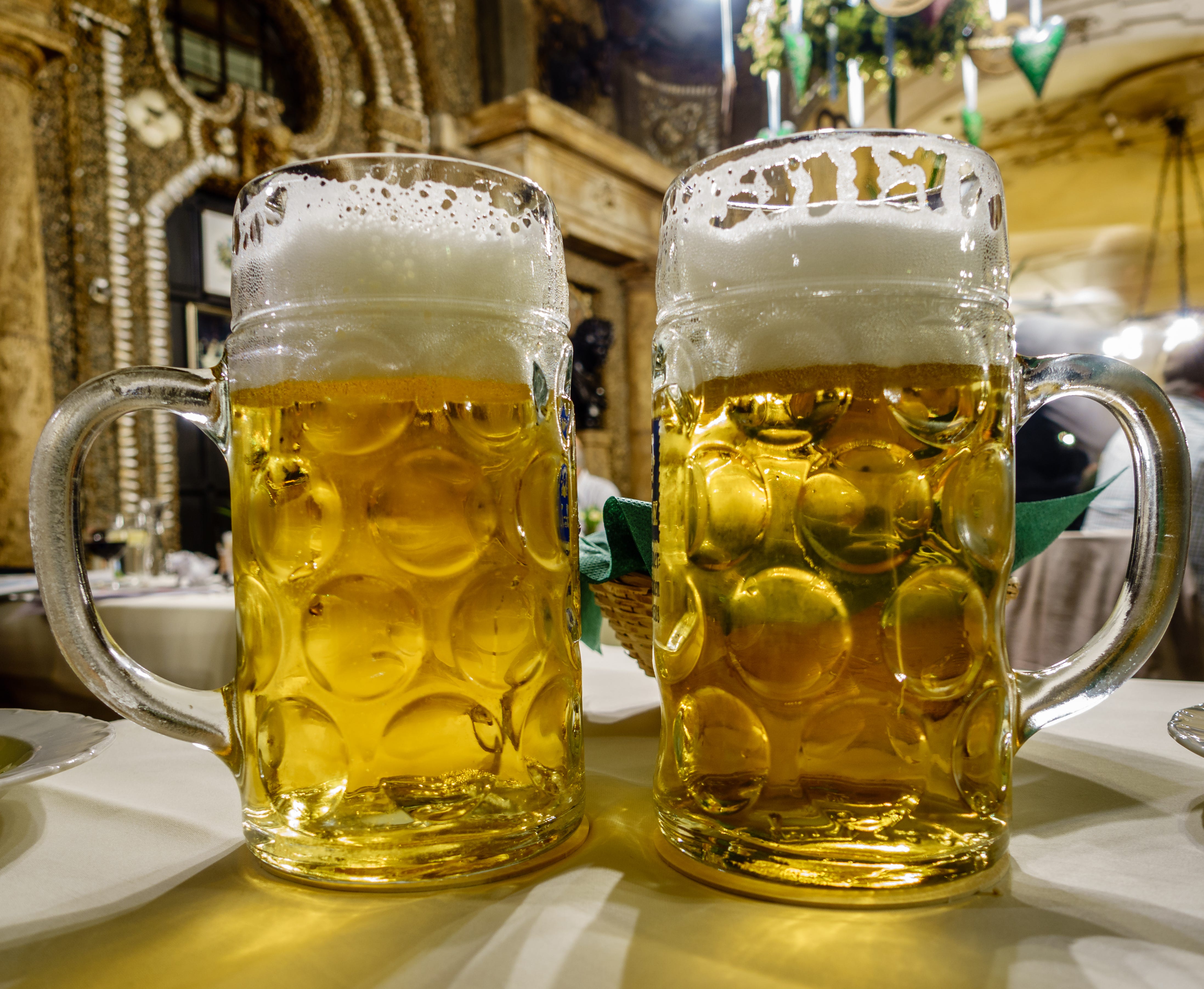
alexeys/Getty Images
Many visitors stop by the popular Augustiner-Keller and Hofbräuhaus breweries. Both centuries-old spots are pretty spectacular and tend to have a louder, more crowded atmosphere.
However, I also suggest visiting a few beer gardens and breweries that are more off the beaten path during your trip.
One of my favorites is Insel Mühle, a charming riverside beer garden in the northwestern part of the city that’s attached to a hotel.
It has great beer and communal seating under chestnut trees — and I’ve found it usually has a quieter, more manageable crowd (with lots of locals).
Don’t expect too much to be open on a Sunday.
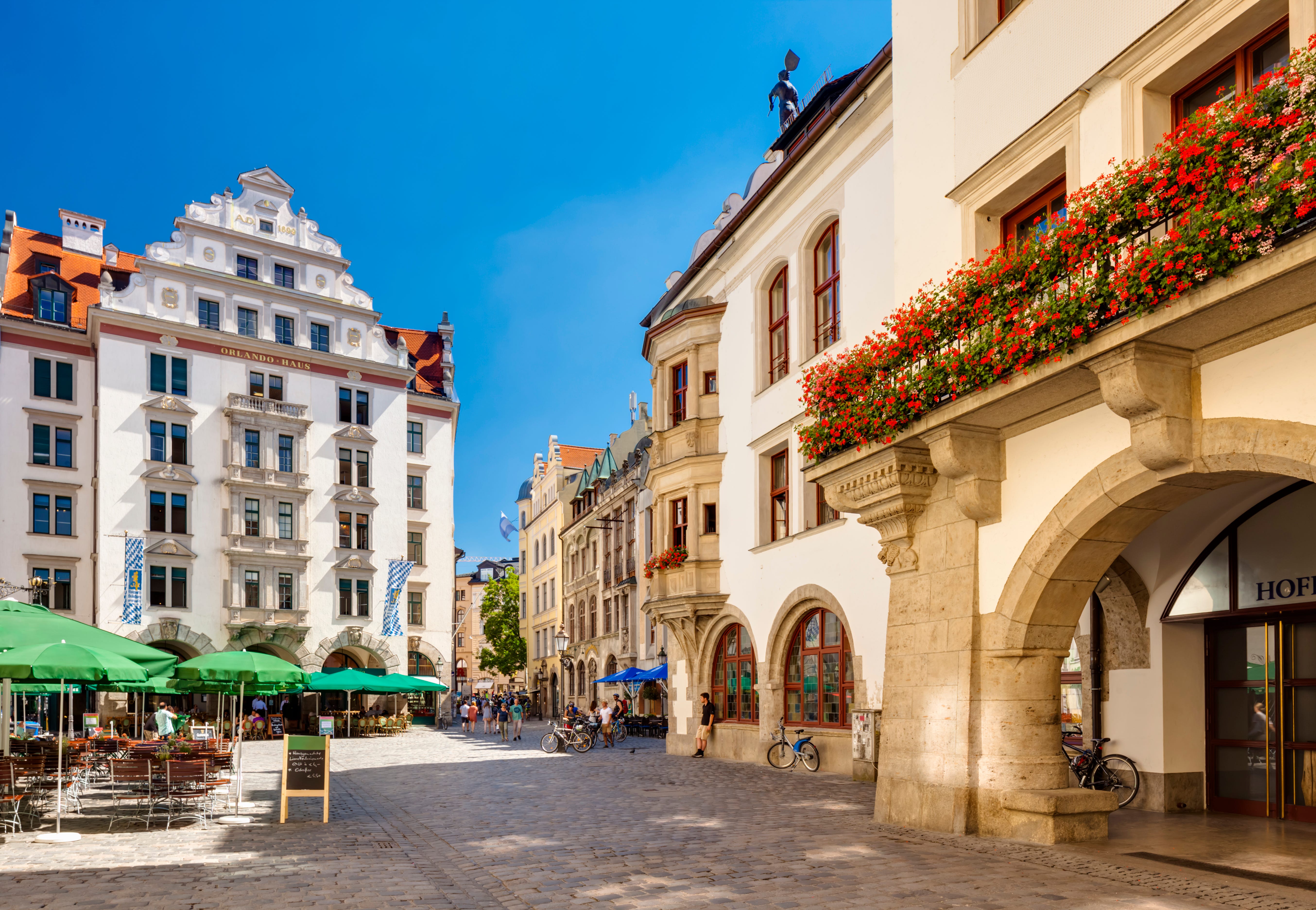
Jorg Greuel/Getty Images
Sunday is widely considered to be a day of rest in Germany, so many businesses and shops in Munich will be closed.
You’ll still be able to find open restaurants, tourist attractions, or supermarkets, but I wouldn’t plan on doing much local shopping on this day of the week.
If you’re going to Oktoberfest, adjust your expectations and make a plan.
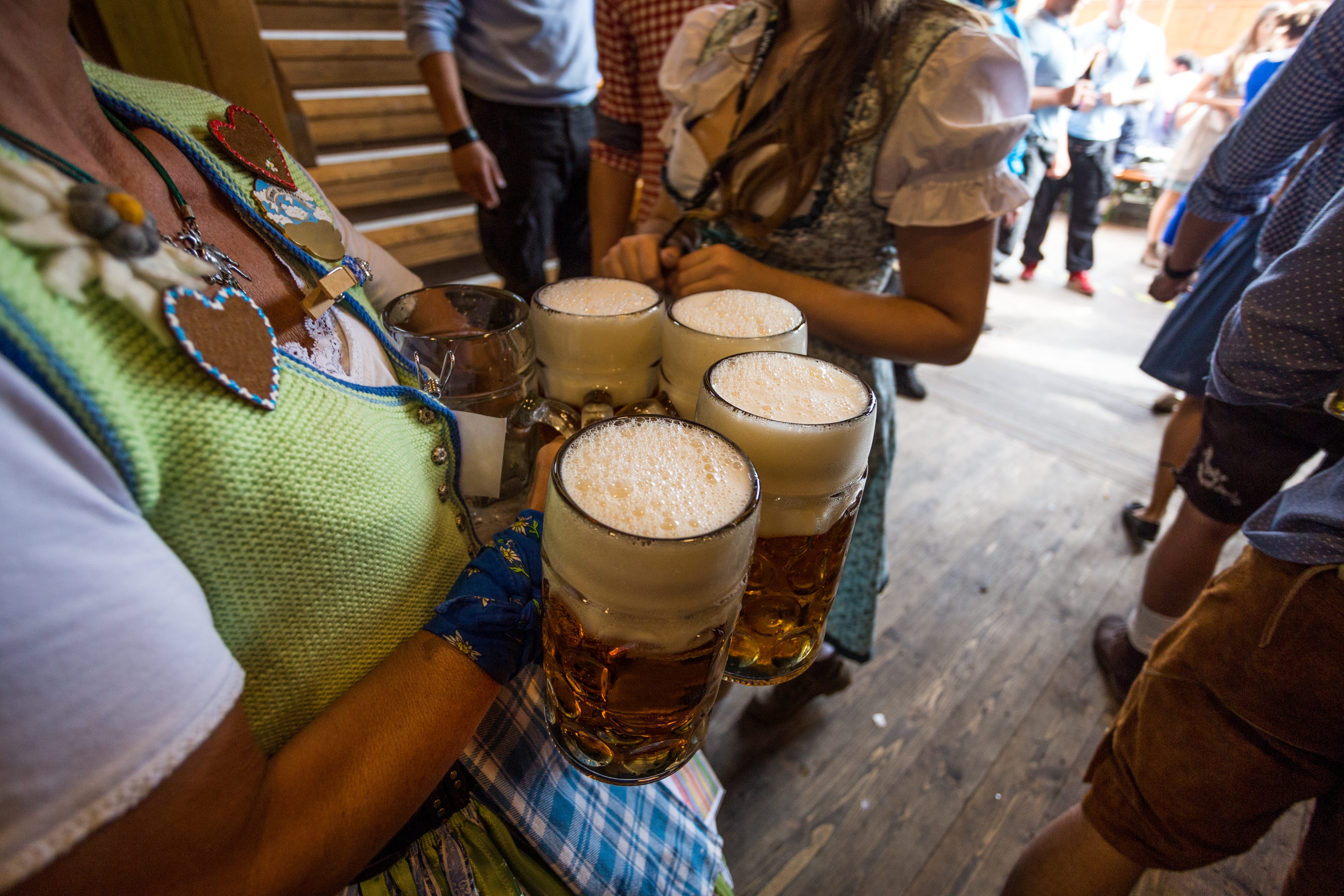
Michael Godek/Getty Images
Munich’s Oktoberfest has been famously celebrated for hundreds of years, and millions of attendees trek to the event each fall.
If you’re going because you want to get drunk with big crowds of tourists, you’ll probably have a blast. If not, you, like me, may not enjoy it very much.
Either way, you should rein in your expectations.
Although admission to Oktoberfest is free, coveted reservations for seats in beer tents and tickets to performances and rides can be difficult to come by. Do your best to secure these early.
Also, keep in mind that the beers are enormous and priced accordingly — and most vendors prefer or only accept cash.
I’d also be remiss to not warn visitors about the Kotzhügel‚ a grassy slope where revelers often retreat to relax … it earned the cautionary sobriquet “puke hill” for a reason.
Don’t ignore local cultural norms.
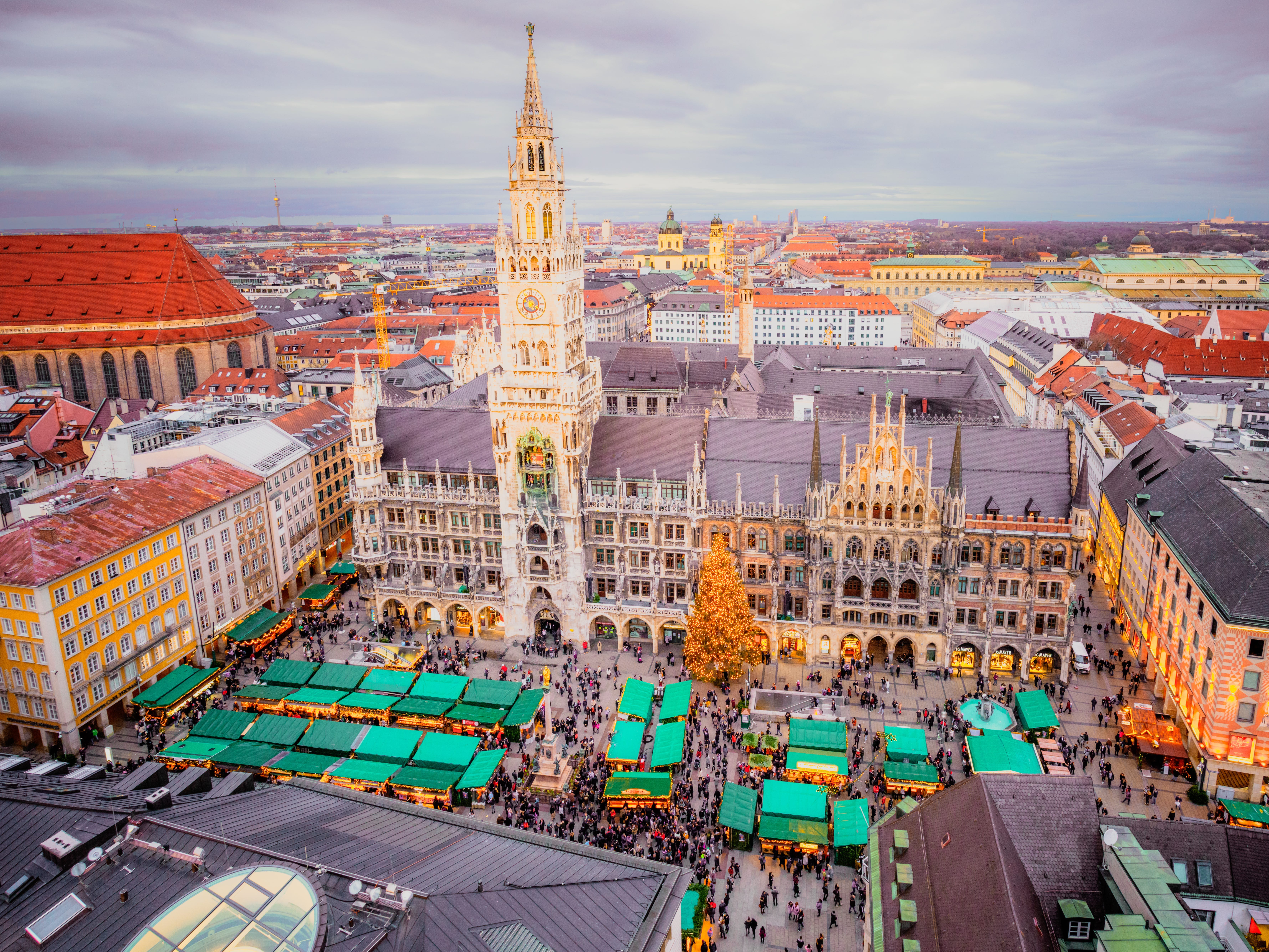
georgeclerk/Getty Images
While in Munich, do your best to be on time for all of your reservations and appointments. Showing up even a few minutes late to an obligation is generally considered to be rude, but many locals here find it especially offensive.
Addressing a new acquaintance by their first name can also be viewed as too intimate or overly casual in Germany. It can sometimes come off as rude, so I suggest refraining unless you’re invited to do so.
It’s not uncommon for people to address those they aren’t close to with “frau” (similar to Mrs.) or “herr ” (similar to Mr.) followed by a surname.
The local beer and pretzels are great, but don’t skip out on trying the local cheeses and breads.
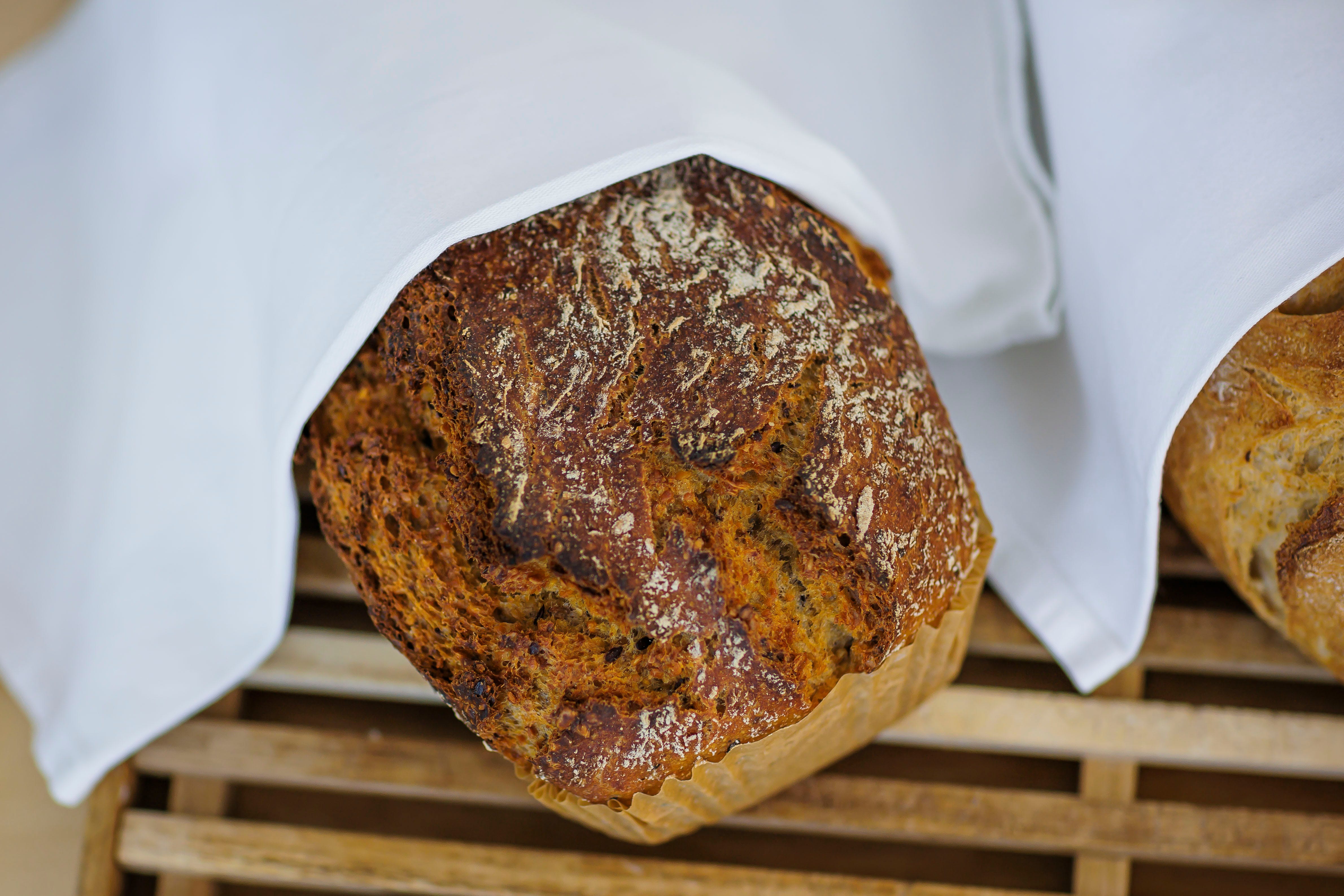
Thomas Trutschel/Photothek via Getty Images
When I tell people to eat all the locally made bread and cheese in Munich, they look at me like I’ve never heard of beer. Fair enough, the city famously has a lot of great beer.
However, unlike places like France or Switzerland, Germany’s diverse and delicious bread and cheese culture is not celebrated across the globe with the enthusiasm it deserves.
There are many incredible breads made in Germany, and some of my favorites include roggenbrot (a rye bread with a spicy crust) and König Ludwig Brot (a round sourdough wheat and rye bread with a soft, tangy interior).
In terms of cheeses, I suggest trying the local Cambozola, a creamy cow’s milk offering with a nutty flavor and funky veins of blue mold, and Rauchkäse, which is semi-soft with a smoky flavor.
You won’t want to miss trying the fantastic regional cuisine, either.
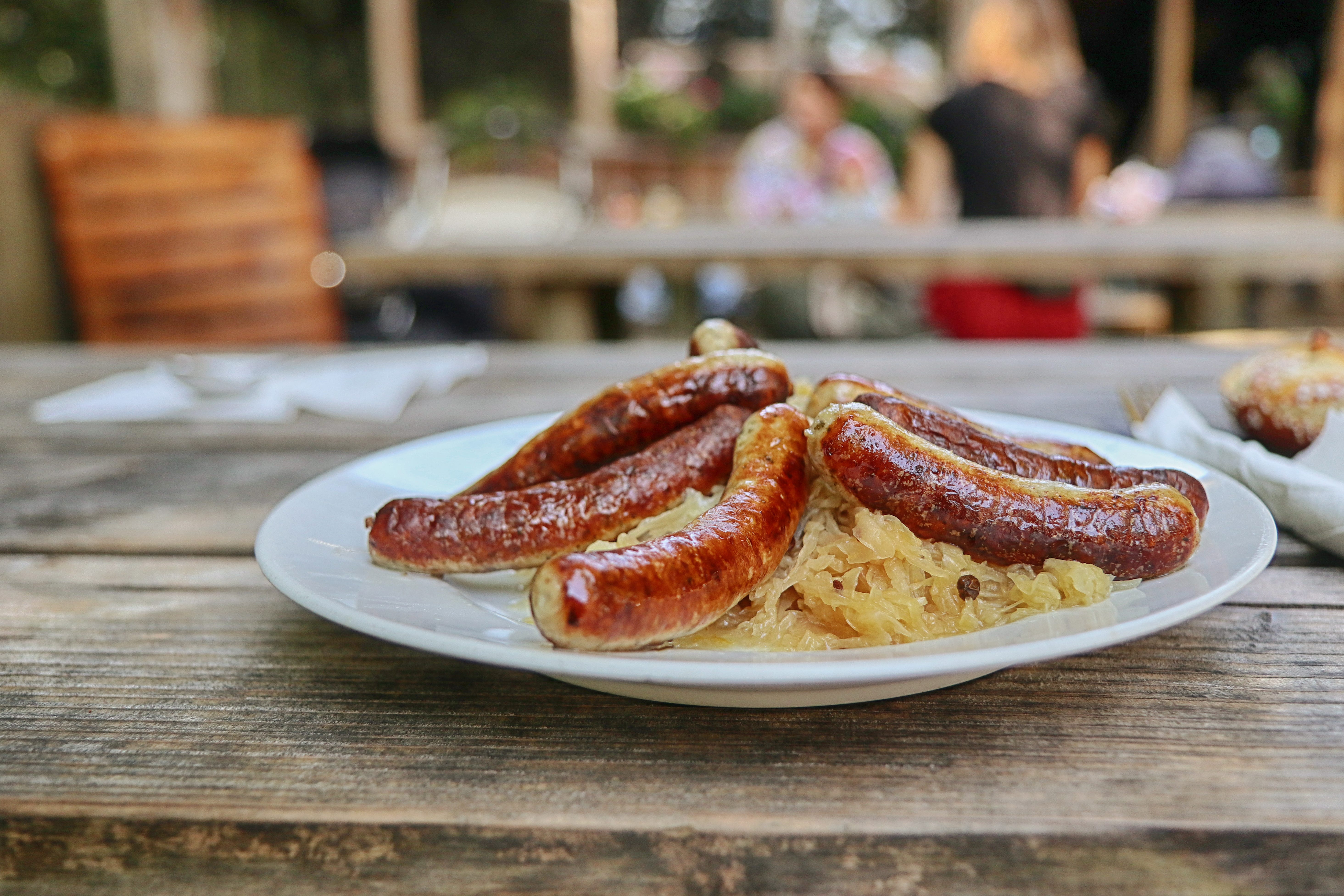
Nuremberg sausages and cabbages
Food in this region is largely defined by carbs, cream, and meat. It’s also incredible and should not be missed.
In addition to trying the famous prodigiously salted pretzels, I suggest visitors stop at street stalls and taverns to explore a range of local dishes, from kartoffelsuppe (creamy potato soup with sausage and veggies) to bratwurst (a German sausage that’s often served with spicy mustard).
Remember to pack an umbrella.
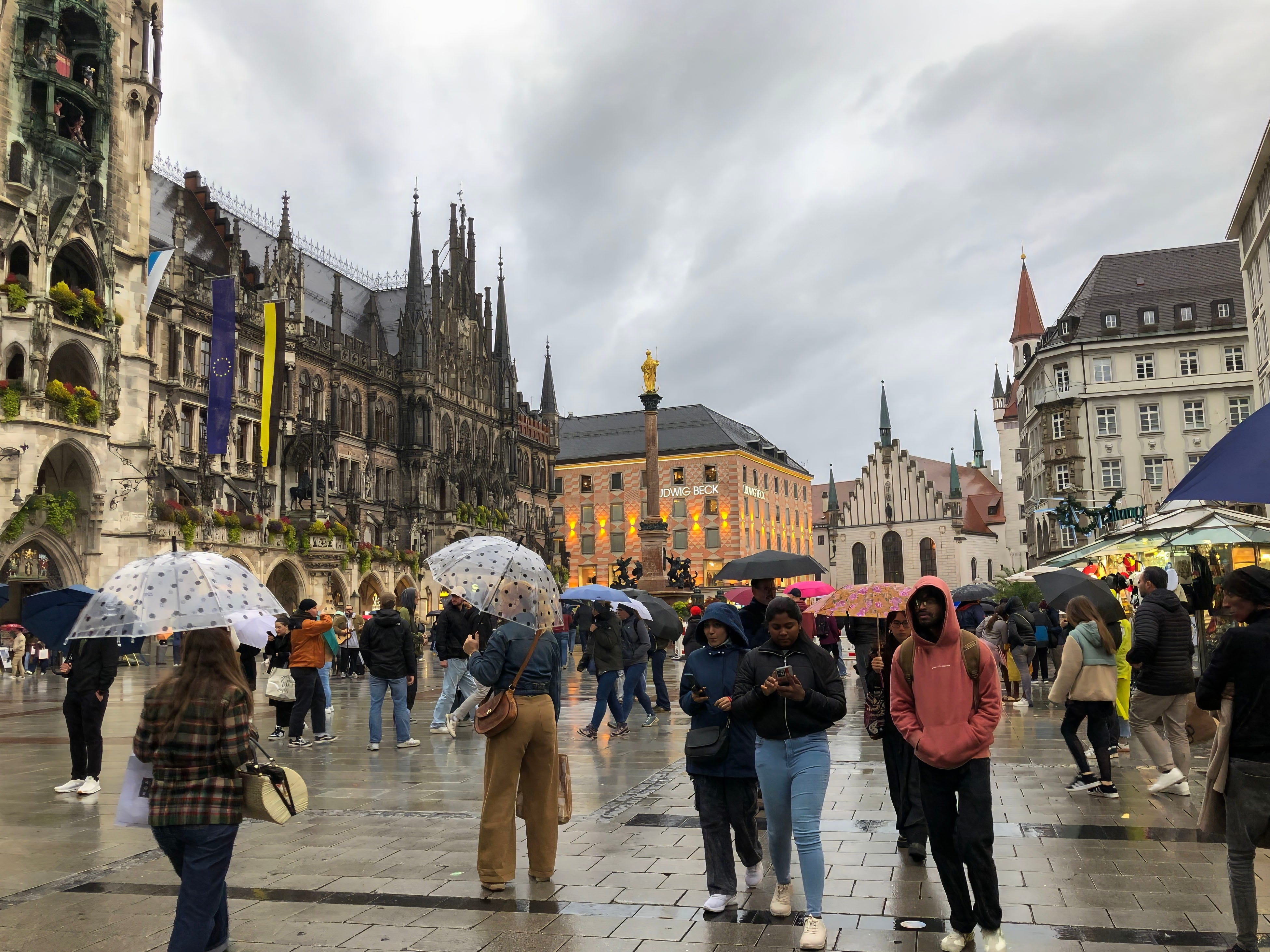
Julia56/Shutterstock
Munich can get pretty rainy from May through August, although visitors should prepare for short (and sometimes sudden) showers throughout the year.
Pack a rain jacket and an umbrella when you visit, and mentally gird yourself for light occasional showers.
The post I grew up in Munich. Visitors should be careful using locals’ first names and try more than just beer and pretzels. appeared first on Business Insider.




